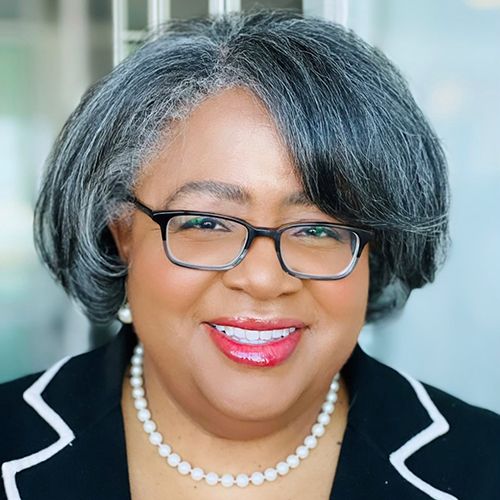Regulations implementing the Pregnant Workers Fairness Act would protect 2.8 million pregnant workers WASHINGTON, D.C. – April 26, 2024 – The National Partnership for Women & Families is calling out the recent partisan lawsuit led by 17 states to...

Our Bodies to Our Votes — The Attack on Our Individual Freedoms
The Supreme Court’s ruling in Dobbs v. Jackson overturning Roe v. Wade continues to be a painful reminder of the extremism of the current Court and its willingness to upend decades of case law to further an ideological agenda to ban abortion access. But the decision also poses a fundamental threat to key pillars of a functioning democracy by diluting constitutional and federal protections, preferencing state power over individual freedoms, and handing over greater control to existing – and often, biased – power structures so they can inflict their views upon others without constraint and maintain the status quo.
The post-Dobbs narrative, mimicking the arguments in Justice Samuel Alito’s majority opinion, has tried to elevate a false picture of how our democracy works, who has power and who does not, and the essential tools needed to create a democracy that is truly inclusive. And, if left unchecked, this narrative threatens to unravel critical progress and the overall integrity of our political system.
The Dobbs ruling stripped women and all birthing people of their constitutional right to access abortion. Its rationale included a blithe assertion that women could restore this freedom on a state-by-state basis by voting for pro-abortion legislation. Yet this reasoning is flawed and disingenuous.
The reality is that many states have a long history of intentionally trying to limit women from exercising their political power, especially by making it harder to vote. This is particularly true for women of color – and, specifically, Black women – who are disproportionately harmed by the abortion bans enacted in the wake of Dobbs. It is not an accident that states with restrictive voting laws such as Georgia, Texas, and Alabama have also sought to curb access to abortion.
Furthermore, despite Alito’s arguments, gender-based barriers continue to prevent women from attaining elected office. This has resulted in gender-based power imbalances in many state legislatures and, often, poorer policy outcomes for women on vital issues like abortion.
In fact, recent analysis from the National Partnership for Women & Families found that many of the states with the most draconian abortion laws are the same states that possess the lowest levels of female representation in their state legislatures. On the flip side, states that have a greater proportion of female representatives in their state legislatures are much more likely to have stronger measures on their books which protect women’s access to abortion.
It is disingenuous and dangerous to call on women to leverage their electoral and political power to preserve abortion access while simultaneously over-empowering extremist policymakers with the ability to impose their personal political preferences and enact restrictions that take away women’s individual freedom.
Instead, we must fight back – and remind ourselves that the movement to defend reproductive justice and the effort to preserve and expand our democratic rights are inextricably linked.
This piece originally appeared on Majority Opinions.

